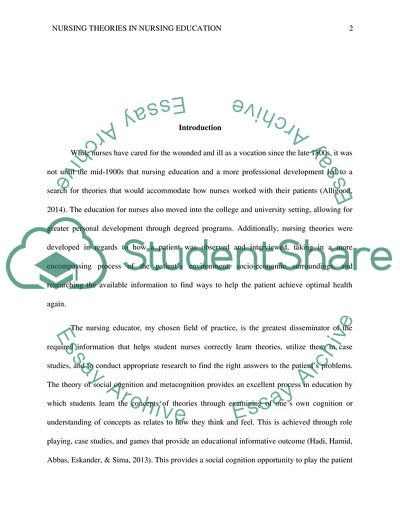Cite this document
(“Nursing theory Essay Example | Topics and Well Written Essays - 1250 words - 2”, n.d.)
Retrieved from https://studentshare.org/nursing/1673630-nursing-theory
Retrieved from https://studentshare.org/nursing/1673630-nursing-theory
(Nursing Theory Essay Example | Topics and Well Written Essays - 1250 Words - 2)
https://studentshare.org/nursing/1673630-nursing-theory.
https://studentshare.org/nursing/1673630-nursing-theory.
“Nursing Theory Essay Example | Topics and Well Written Essays - 1250 Words - 2”, n.d. https://studentshare.org/nursing/1673630-nursing-theory.


